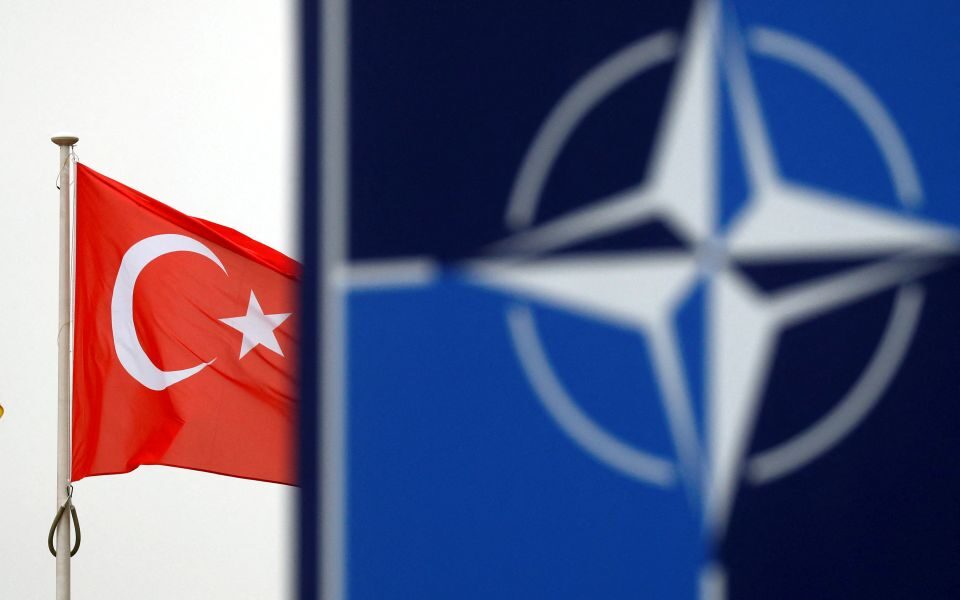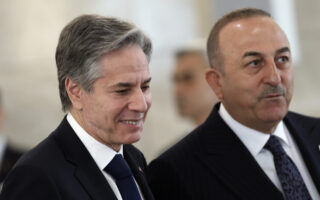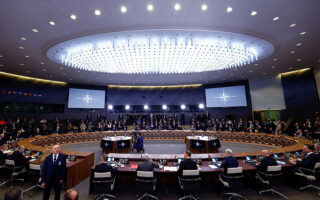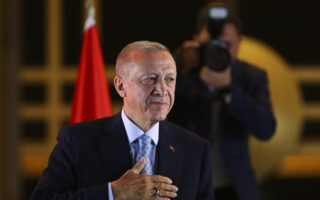Ankara derails NATO regional procedures

Ankara’s intense irritation with NATO’s, and by extension Washington’s, intention to include areas in the Eastern Mediterranean that include, and name, the Republic of Cyprus in the new regional plans of the North Atlantic Treaty Organization, is reflected in its decision last Thursday to derail the process.
Turkey’s move to infuse the agenda with both old and new issues, just a few weeks before the expected face-to-face meeting between Greek Prime Minister Kyriakos Mitsotakis and Turkish President Recep Tayyip Erdogan at the NATO Summit, is effectively limiting expectations to a large degree.
The matter was initiated at the military level by General Christopher G. Cavoli Supreme Allied Commander Europe (SACEUR), who forwarded the maps on Thursday in order to pass a tacit acceptance process.
This approach is followed to prevent any objections from being voiced and to prevent a substantial discussion for the sake of the common cause.
The North Atlantic Council (NAC) confirmed the impasse on Thursday and Friday after Turkey “broke” the tacit acceptance process. The same day, leaks to Reuters and Politico pointed the finger of blame at Turkey over the deadlock, as Ankara raised questions about the naming of the Dardanelles and the Bosporus straits in the maps and that they should be called the Turkish Straits – as they are known in the Montreux Convention Regarding the Regime of the Straits.
Turkey also had an issue with the reference of the Republic of Cyprus in the maps, which Ankara does not recognize.
From a Greek perspective, this represents a very clear hardening of Ankara’s stance. On the one hand, it brings up old name-related arguments (the term “Turkish Straits” is not new), and on the other, it seeks to prevent Cyprus’ inclusion in NATO operational plans, which, in part, also advances the interests of the Russian Federation.





